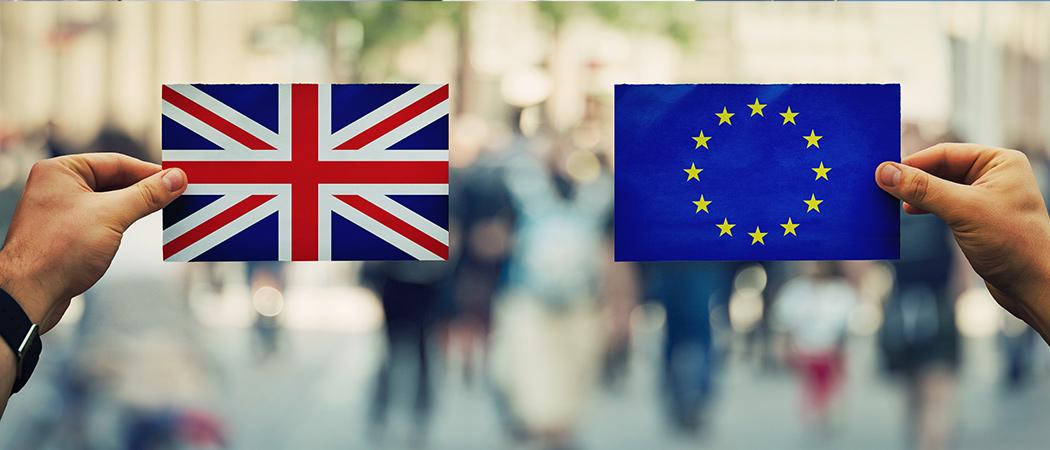With a new prime minister in power, the UK is making a fresh overture to convince the Commission to let association to the research programme go ahead. UK universities are calling for an end to the ‘toxic uncertainty’

UK is making a last-ditch attempt to get the European Commission to unlock the doors to the Horizon Europe research programme at a meeting today, with UK universities calling for an end to the “toxic uncertainty” of the 18 month delay in agreeing association.
“I know that there are rumours flying around and we would welcome any movement by the Commission, but time is running out,” said Vivienne Stern, chief executive of Universities UK, which represents 140 institutions.
“I think the UK government is poised to implement its alternative measures. Once that happens there is unlikely to be a way back, so if the Commission is going to move, they need to move now,” Stern told Science|Business. “Our preference remains full association, but we’ve been acutely conscious of the damage that the impasse has caused in our scientific community and the need to end this toxic uncertainty,” she said.
The UK has been locked out of Horizon Europe for more than a year and a half, with the Commission tying participation in the EU research programme to resolution of the dispute over the Northern Ireland Protocol.
The UK government and researchers on both sides of the Channel have made various pleas to stop using science cooperation as a bargaining chip in political disputes. “I would reiterate that scientists right across Europe and beyond have called on the Commission not to use Horizon as a bargaining chip,” Stern noted. However, the Commission has not budged.
Following the appointment of Liz Truss as new prime minister, the UK requested today’s meeting of the specialised committee on participation in EU programmes. Ahead of the meeting, rumours suggested a compromise agreement, which would include partial association to Horizon Europe, was on the table.
However, a Commission spokesman was quick to refute the Commission would be softening its line, telling Science|Business, “We are not negotiating any such compromise.”
The research community is hoping for a breakthrough. “If the rumours are true, [we] would be positive towards a compromise that brings an end to the stalemate that we are in,” said Thomas Jørgensen, director of policy coordination and foresight at the European University Association. "The link between programme participation and the Northern Ireland Protocol was always dubious, so if the gordian knot can be cut by some give and take, that would be extremely welcome."
Stern said everything is in place for the UK to make a big contribution to Horizon Europe. “The UK has allocated a considerable budget to support research. We’d like that to be put into the Horizon pot, but whatever happens, we need a stable way to deploy that funding to do what it is intended to do – to fund outstanding research,” Stern said. “For our part we’re arguing that the UK government should hold open the door, especially through a longer-term commitment to funding the UK’s participation as a third country.”
Wind of change
The UK has been threatening to turn its back on Horizon Europe for months. In June, then-science minister George Freeman travelled to Brussels to make an attempt to convince the Commission to change its mind, urging action by the end of the summer if Brussels doesn’t want to see the UK walk.
In July, the UK government presented its domestic alternative to Horizon Europe, which includes a rival to the European Research Council and continued support for its researchers to join Horizon consortia.
But there’s been a shake up in UK politics since, with Liz Truss taking the prime minister seat. Truss is yet to make big moves on relations with the EU but the clock is ticking. As foreign minister, before taking the top job in UK government, Truss introduced legislation seeking to unilaterally scrap parts of the Northern Ireland Protocol, a move the EU would find unacceptable. The legislation is now moving through the UK parliament.
With tensions flying high, on Wednesday, Truss held separate discussions on the Northern Ireland Protocol with US President Joe Biden and European Commission President Ursula von der Leyen during the United Nations General Assembly in New York.





 A unique international forum for public research organisations and companies to connect their external engagement with strategic interests around their R&D system.
A unique international forum for public research organisations and companies to connect their external engagement with strategic interests around their R&D system.